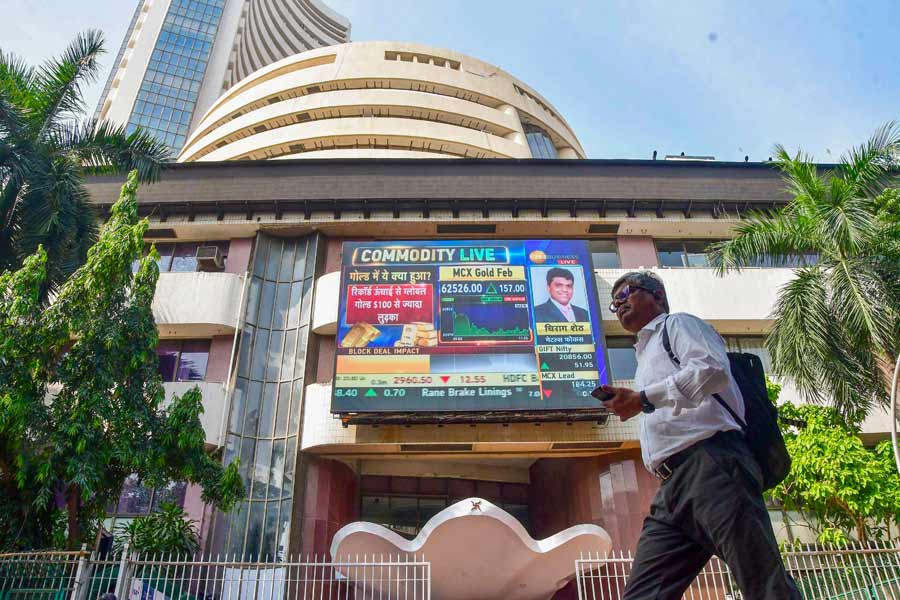Thousands of Israelis demonstrated across the country on Tuesday, blocking scores of major roads to protest an overnight vote in parliament that advanced efforts by the far-Right coalition to limit judicial oversight of the government.
Ahead of larger rallies planned for the evening, protesters erected tents on a highway in central Israel, shut down thoroughfares in Tel Aviv and outside Jerusalem, and marched through the arrivals hall at the country’s main airport. Police officers fired water cannons at some protesters and arrested scores during attempts to disperse the demonstrations. The video showed officers shoving a news photographer, Rami Shlush, to the ground while he was covering the events.
The protests have not yet matched the intensity of a surge of unrest in March when leading trade unions shut down large parts of the Israeli economy in protest at the government’s earlier efforts to curb judicial power.
But they reflected how the debate over the judicial overhaul is far from over: After a three-month hiatus in which the government and the opposition sought but failed to reach a compromise, the government is proceeding once again with parts of its plan, provoking widespread anger.
The dispute is part of a wider social rift between the government and its supporters, who want to create a more religious and nationalist state, and their opponents, who hold a more secular and pluralist vision. The rift is also rooted in a profound disagreement about the form and future of Israeli democracy.
The government says that the overhaul is intended to improve the democratic system by giving elected lawmakers more power than unelected judges. But critics fear that it undermines democracy by removing judicial oversight, risking government overreach and potentially making the current administration freer to end the prosecution of Prime Minister Benjamin Netanyahu.
New York Times News Service











